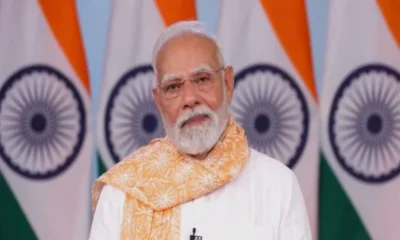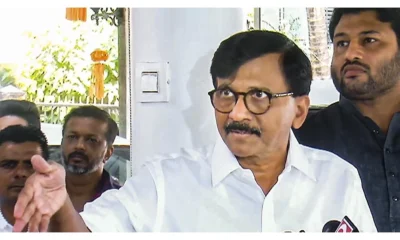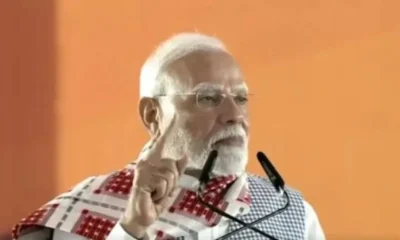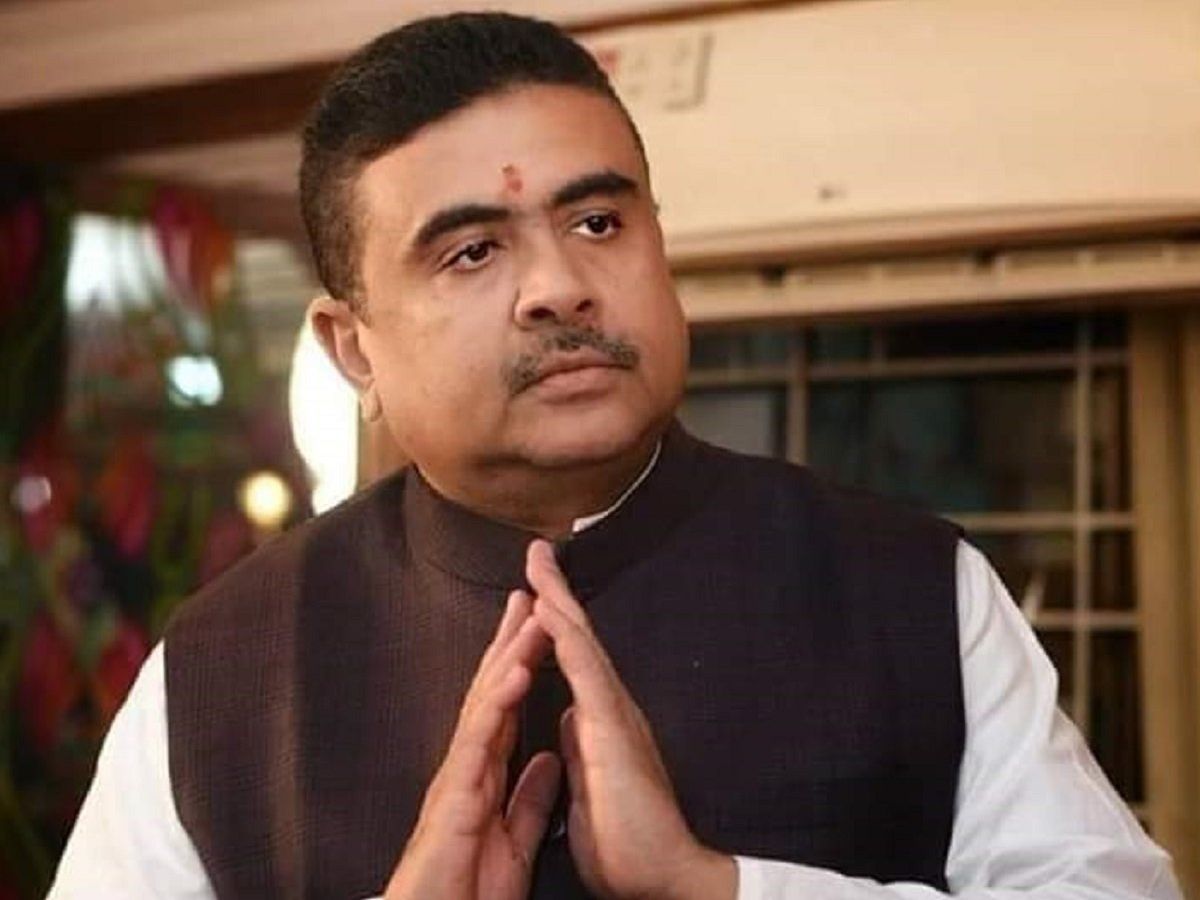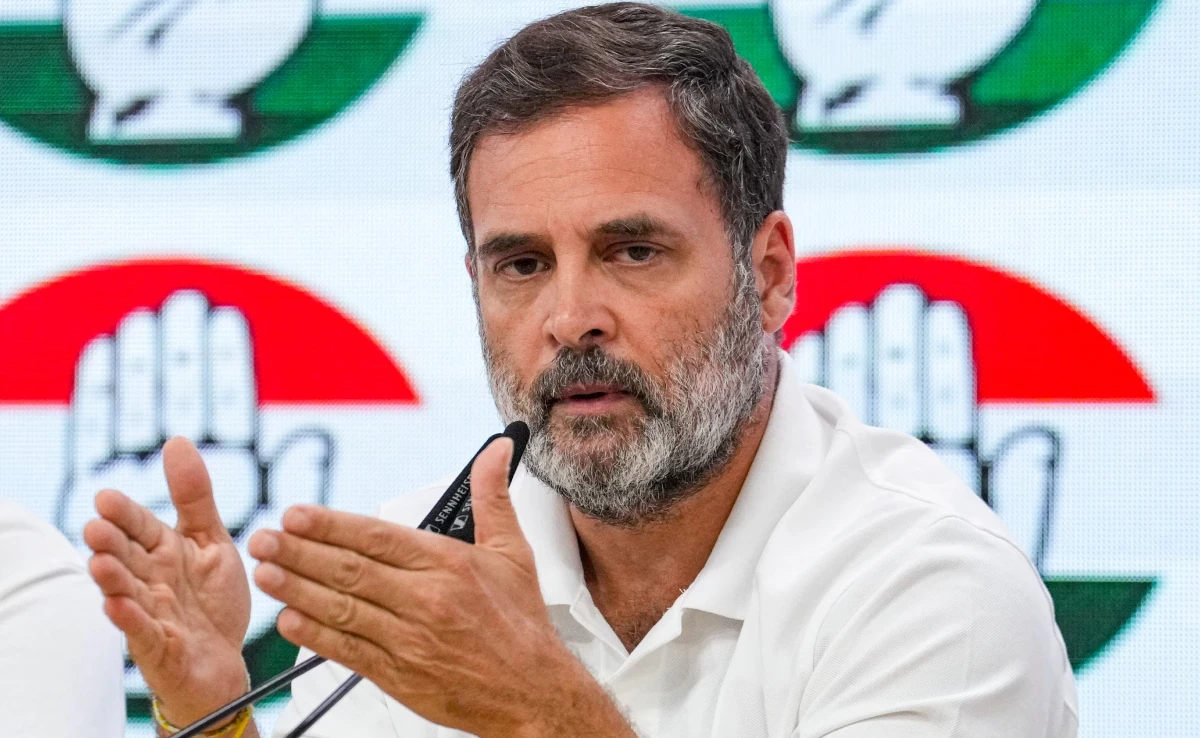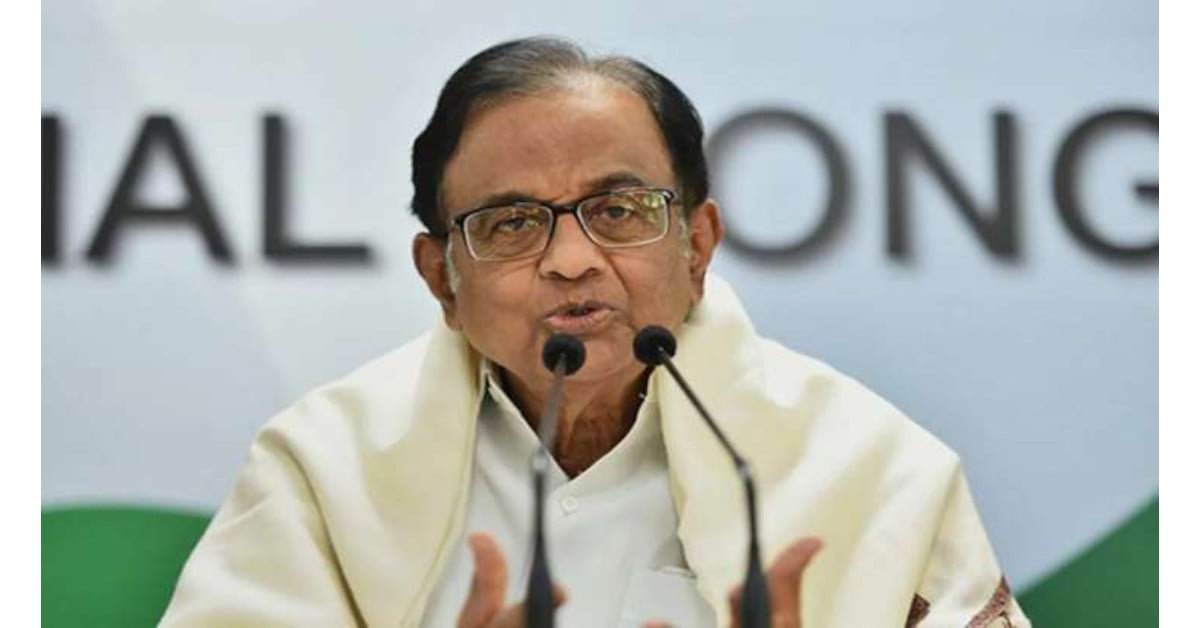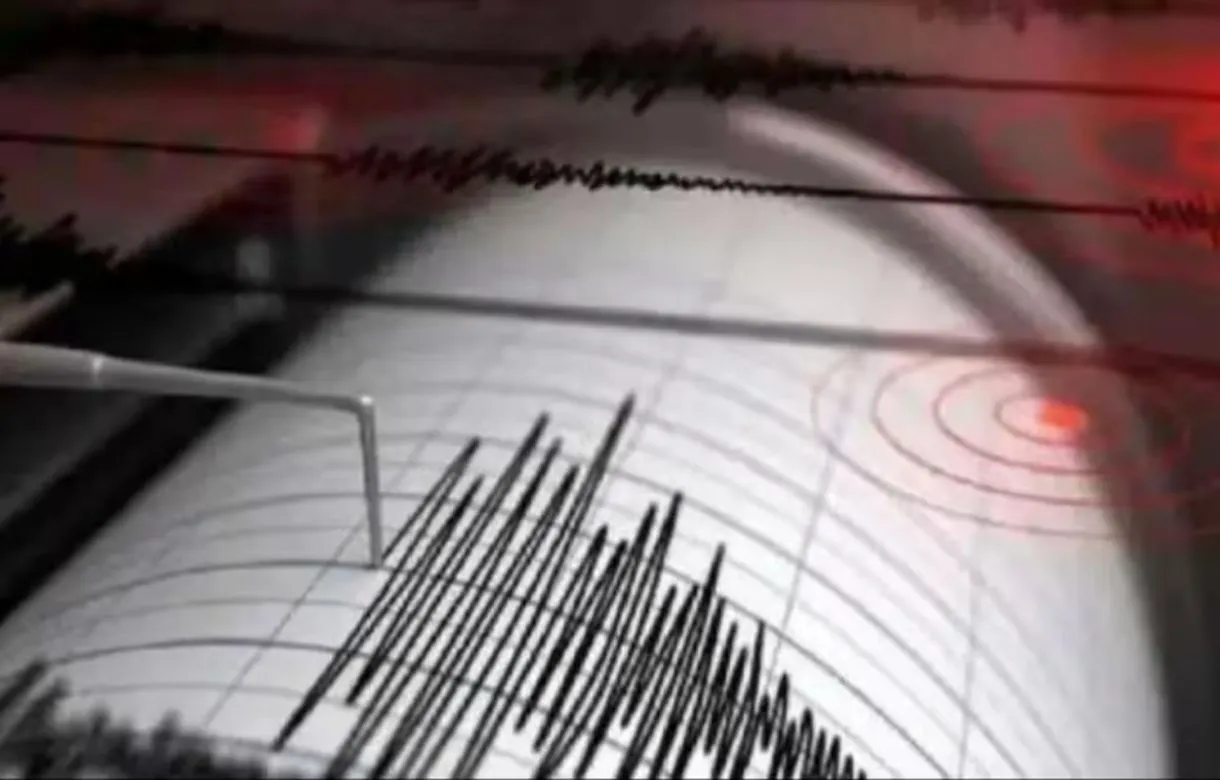India News
PM Modi, BJP MPs did not mention Indira Gandhi herself voted to remove many provisions of 42nd Amendment: Congress
Ramesh pointed out that while the 44th Amendment removed some provisions of the 42nd Amendment, many elements from it were retained over the years.
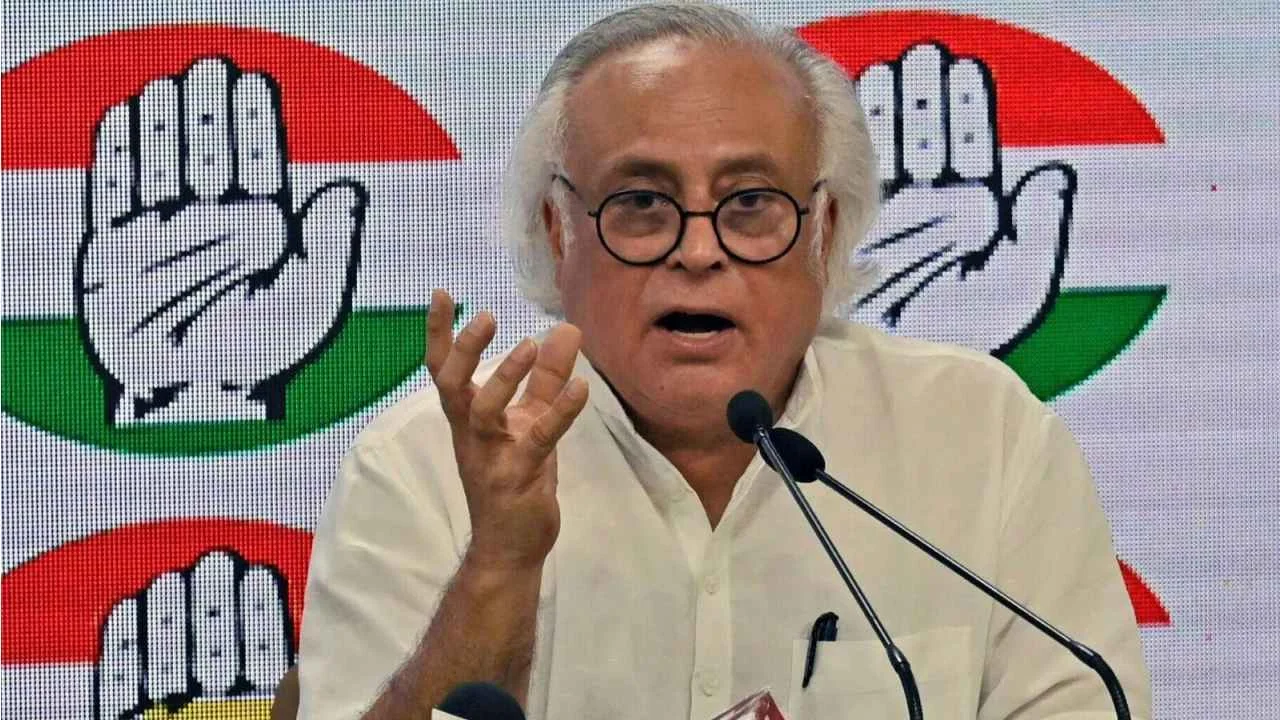
India News
Rahul Gandhi, Rajnath Singh clash in Lok Sabha over ex-Army chief’s unpublished book on Ladakh
Lok Sabha proceedings were disrupted after Rahul Gandhi cited an unpublished book by former Army chief General MM Naravane on the Ladakh stand-off, drawing objections from Rajnath Singh and other BJP leaders.
India News
P Chidambaram avoids commenting on Trump’s dead economy remark echoed by Rahul Gandhi
Chidambaram stays silent on Trump’s ‘dead economy’ remark echoed by Rahul Gandhi as Congress critiques Union Budget 2026.
India News
Earthquake of 4.6 magnitude hits Andaman and Nicobar Islands
A 4.6 magnitude earthquake struck the Nicobar Islands at 10 km depth, highlighting the region’s seismic activity and potential risks from shallow tremors.
-
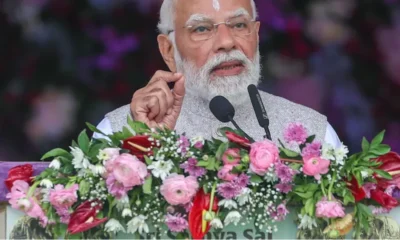
 India News13 hours ago
India News13 hours agoBudget 2026 signals India’s strategy to shield economy from global tariff shocks
-
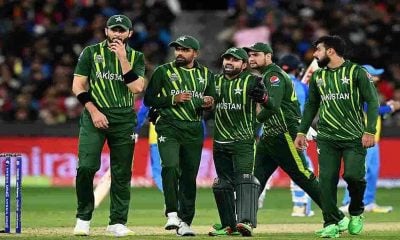
 Cricket news13 hours ago
Cricket news13 hours agoPakistan’s India boycott at T20 World Cup 2026 puts team at risk of ICC action
-

 India News13 hours ago
India News13 hours agoEarthquake of 4.6 magnitude hits Andaman and Nicobar Islands
-
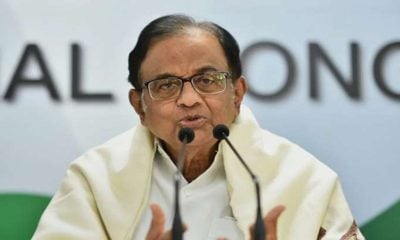
 India News13 hours ago
India News13 hours agoP Chidambaram avoids commenting on Trump’s dead economy remark echoed by Rahul Gandhi
-

 India News13 hours ago
India News13 hours agoParliament Budget Session 2026 set to begin with Lok Sabha debate on President’s address
-

 India News5 hours ago
India News5 hours agoRahul Gandhi, Rajnath Singh clash in Lok Sabha over ex-Army chief’s unpublished book on Ladakh
-
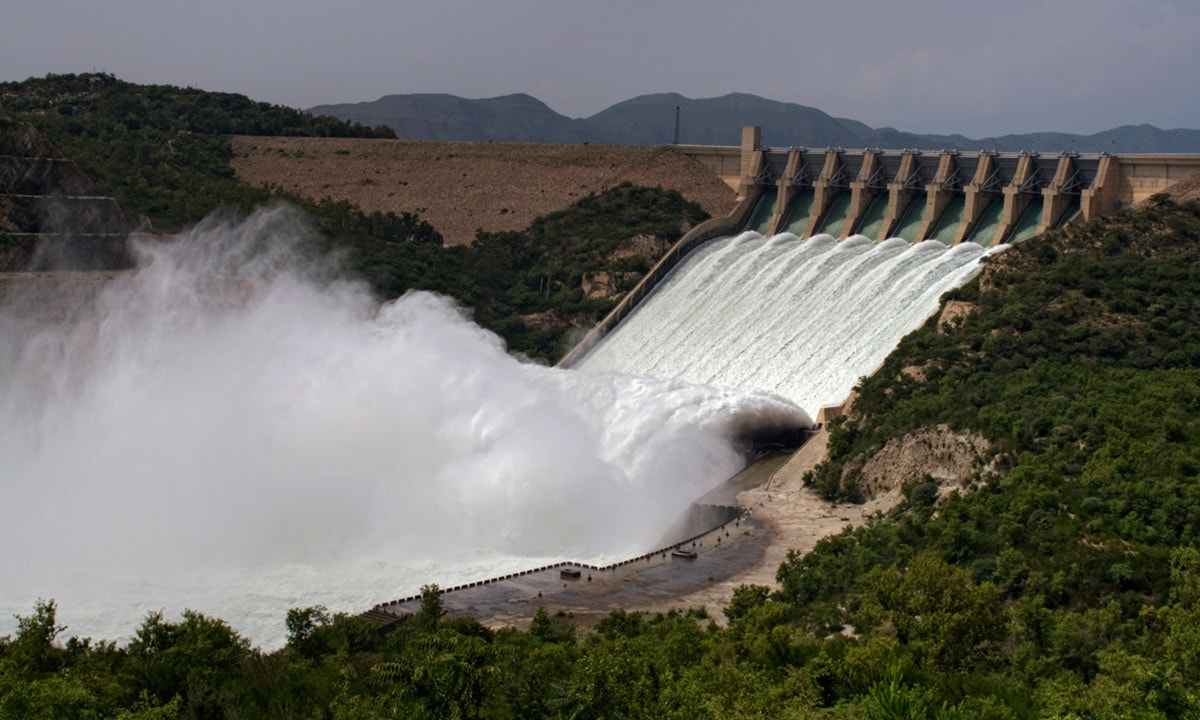
 Latest world news4 hours ago
Latest world news4 hours agoIndia rejects Hague court proceedings on Indus Waters Treaty





